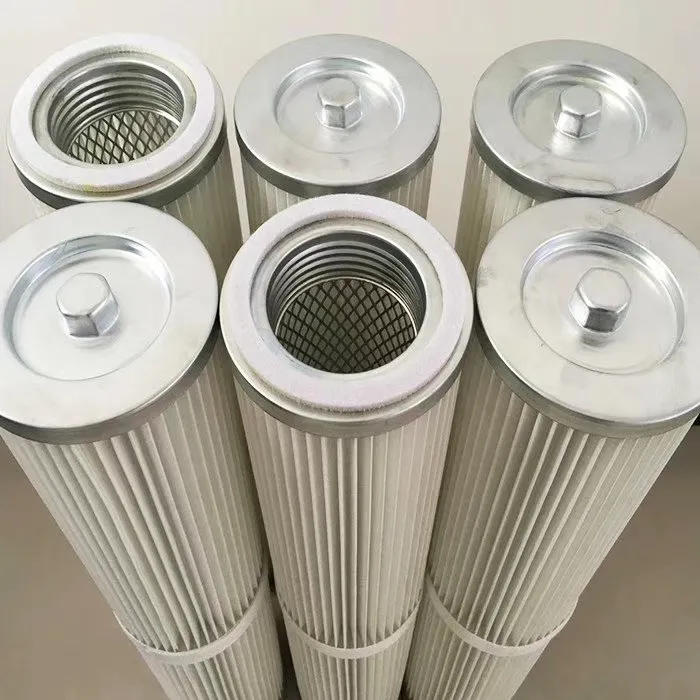 Tel:
+8615930870079
Tel:
+8615930870079
aug. . 13, 2024 11:18 Back to list
Improving Efficiency and Longevity of Gas Turbine Air Intake Filtration Systems for Optimal Performance
Importance of Air Intake Filters for Gas Turbines
Gas turbines are a cornerstone of modern energy production, powering everything from aircraft to electricity generation plants. One critical component in ensuring their efficiency and longevity is the air intake filter. The gas turbine air intake filter plays a vital role in safeguarding the turbine’s operational integrity by preventing contaminants from entering the engine.
Function of Air Intake Filters
Air intake filters for gas turbines serve to remove particulate matter, pollutants, and other impurities from the air before it enters the combustion chamber. Contaminants such as dust, salt, and even microorganisms can cause significant wear and tear on turbine components, leading to decreased performance, increased maintenance costs, and ultimately, a shorter lifespan for the turbine. By using an effective air intake filter, operators can minimize these risks, ensuring a cleaner intake of air and more efficient combustion.
Types of Filters
There are several types of air filters used in gas turbines, including mechanical filters, electrostatic filters, and HEPA (High-Efficiency Particulate Air) filters. Mechanical filters rely on physical barriers to trap particles, while electrostatic filters use electrical charges to attract and hold contaminants. HEPA filters are designed to capture 99.97% of particles that are 0.3 microns or larger, offering the highest level of filtration. Each type of filter has its advantages and is selected based on specific operational conditions and requirements.
gas turbine air intake filter

Maintenance Considerations
The efficiency of an air intake filter directly impacts the performance of a gas turbine. Regular maintenance and monitoring of the filters are paramount to ensure they function optimally. Over time, filters can become clogged with accumulated debris, resulting in increased resistance to airflow, which can negatively affect the combustion process and the overall efficiency of the turbine. Scheduled inspections and timely replacements of filters can prevent expensive downtime and repairs, ultimately saving operators a great deal of money.
Environmental Impact
Another consideration is the environmental impact associated with gas turbine operations. As the world shifts towards cleaner energy sources, there is an increasing emphasis on reducing emissions. An efficient air intake filter can play a critical role in this effort by ensuring that the combustion process is as clean as possible. By maintaining optimal airflow and reducing particulate emissions, gas turbines can operate more sustainably, contributing to a lower carbon footprint.
Conclusion
In conclusion, the air intake filter is a crucial component of gas turbine operation. Its primary function of purifying the incoming air greatly influences the efficiency, performance, and durability of the turbine. With various types of filters available, operators must choose the right one based on their unique needs and ensure that they are maintained properly to avoid costly downtime. As the demand for cleaner energy continues to grow, the role of air intake filters becomes even more significant, contributing to enhanced performance and a smaller environmental impact. By investing in good quality filters and adhering to regular maintenance schedules, operators can maximize the benefits of their gas turbine systems.
-
Types and Applications of Air Filtration CartridgesNewsJul.28,2025
-
The Role of Gas Turbine FiltersNewsJul.28,2025
-
Mastering Air Filter Cartridge UseNewsJul.28,2025
-
Advanced Turbine Filters for Modern Gas TurbinesNewsJul.28,2025
-
Cellulose Air Filter Cartridge Advantages in Dust FiltrationNewsJul.28,2025
-
Cellulose Filters for Air Particle ReductionNewsJul.28,2025

 Email:
Email:





